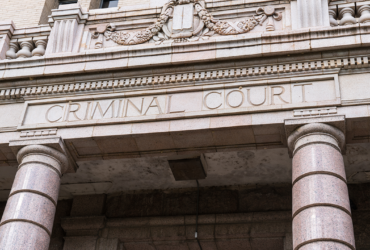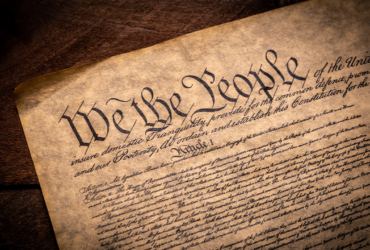Bail cannot be used as a form of punishment against a criminal defendant
The Eighth Amendment to the United States Constitution specifically prohibits the setting of excessive bail in criminal matters.
Defining Excessive Bail
The Supreme Court held that bail is excessive when the amount of bail set is more than what is reasonably necessary to prevent the defendant from fleeing or posing a danger to society. The amount of bail should not include aggravating factors like the seriousness of the alleged crime.
Bail Should Not Be Punishment
Bail cannot be construed as punishment for a crime the defendant has not yet been tried for or has resulted in a conviction.
Bail Hearing
If the defendant is denied bail, the likely next step for defense counsel is to request the court to set a bail hearing. At the hearing defense counsel will present the legal and factual argument in favor of setting a reasonable bail amount.
The prosecutor will oppose the defendant’s arguments and present evidence supporting the legal basis of the court’s ruling of denying bail.
The record of the bail hearing may be used for purposes of petitioning a higher court to review the lower court’s decision to deny bail.






